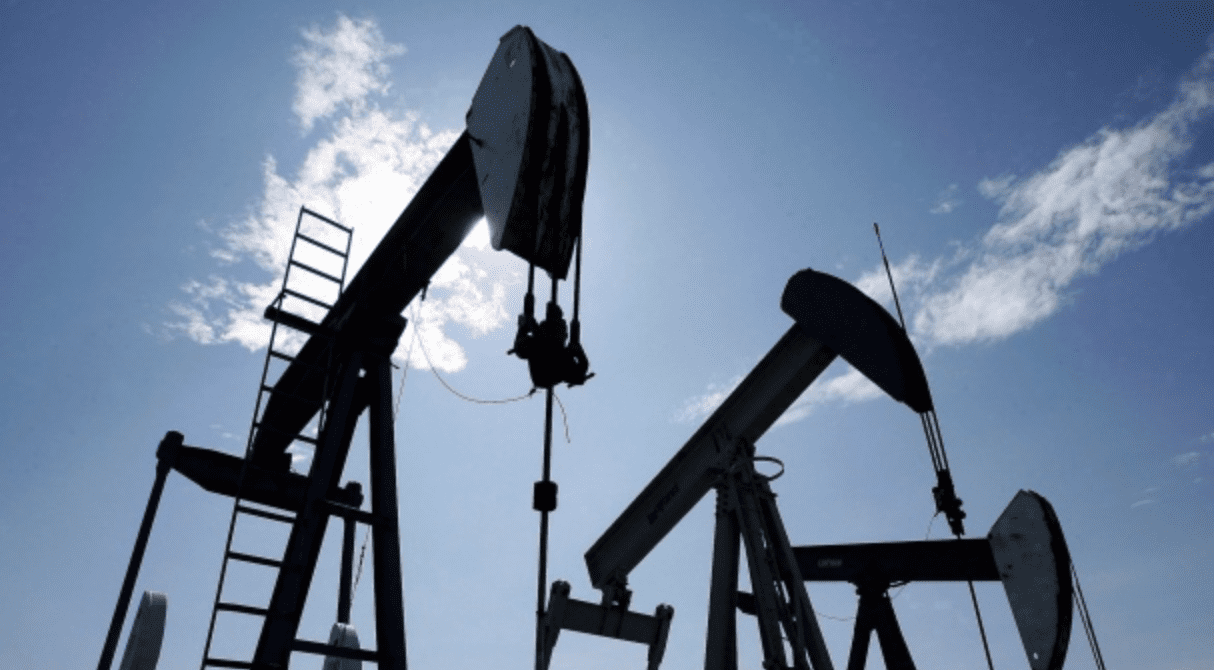Alberta Premier Jason Kenney's decision to pump public money into the troubled Keystone pipeline is a huge risk by a political gambler faced with a dwindling stake.
The Alberta government will buy $1.5 billion worth of TC Energy shares to allow the project to proceed. Next year the province will provide a $6 billion loan guarantee to get it to the finish line.
The payoffs could be many if the gamble works. In 2023, when the pipeline begins shipping oil, the province will sell its shares at a profit, says Kenney. With construction apparently beginning immediately, there will be jobs. Already oil stocks have shown some signs of life thanks to the announcement.
Despite the province's plummeting revenues, exacerbated by the Covid-19 crisis, Kenney decided to leverage the province's remaining borrowing power to roll the dice, in hopes of a big payout.
What does Kenney have to lose? After all the province is down about as far as it can go at the moment. This decision at least gives a psychological boost to the depressed Calgary captains of the oil sector and the unemployed energy workers nearing the end of their tether.
Actually Kenney and his party are taking a pretty big political risk, in terms of the investment's timing and the message being sent on where Alberta's future lies.
The timing, in the midst of a near-total economic shutdown and a never-ending string of public sector layoffs and shrinkage in the health and education fields, is certainly riling up a wide range of opponents.
The dollar-for-dollar connection between shrinking health and education budgets and this infusion with borrowed money isn't strong. But critics are pointing to the implied message — private jobs are worth more than public ones.
The argument just bolsters the protests over government belt tightening during a time of crisis. Perhaps the UCP feels the party base, wedded to the oil patch economy as it is, will stay strong despite the peeling away of malcontented doctors and teachers.
But there is a sliver of the base that is having to pretzel itself to support a massive infusion of tax dollars into the fate of one private sector firm. Kenney, who cut his teeth with the Canadian Taxpayers Federation, decried the NDP decision to put money directly into rail car contracts for the oil patch, arguing that should stay in the private sector's purview.
Kenney contends his move now is necessary because the market is broken. Given the oil price crash precipitated by the Saudis and Russians and the pandemic, TC Energy simply has nowhere to go to raise the capital it needs to proceed.
Of course, the other issue is that the project, even before the oil price crash, was very much at risk because of legal and political challenges. There are still legal manoeuvres underway in the U.S. from environmentalists, First Nations and property rights advocates to overturn licenses for the pipeline.
If Donald Trump loses the presidency, there is fertile ground for more protests south of the border in the fall. Given the plan to jumpstart construction immediately, Kenney may be counting on existing jobs in the U.S. being hard to choke off for a Democratic president.
The bigger economic message that the Keystone investment represents is one Albertans should be considering.
Kenney is continuing to place all the province's bets on the energy sector. Some Albertans would be more willing to risk tax money on a big stakes gamble that involves economic diversification.
And the Keystone furthers Alberta's dependence on one market. When TC Energy's CEO Russ Girling thanked Kenney and Donald Trump at this week's announcement newser, it only underscored Keystone's route directly into the all powerful U.S. market. At least the Trans Mountain expansion is designed to widen the market choice.
In past decades those tight bonds the U.S. might not have chafed so much, but Trump has proved to be a real risk for even the U.S.'s closest trading partners in terms of stable relations and preferential trading conditions.
Kenney argues that his government can't only deal with the immediate Covid and oil price crises but also must invest for the future. Now Albertans need to decide if a future dependent on pouring oil over the border into the U.S. is the best bet for a sustainable economy.
Photo Credit: CTV News






